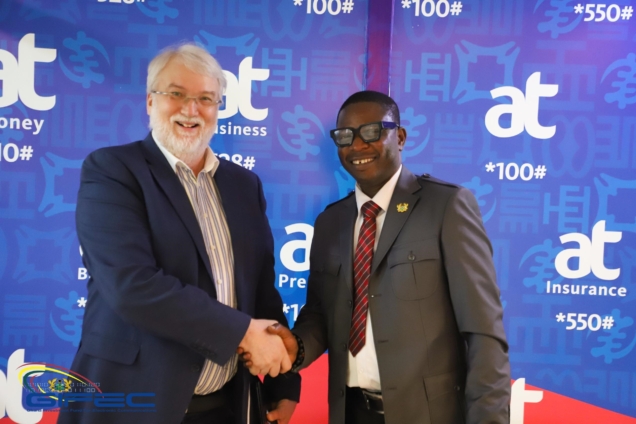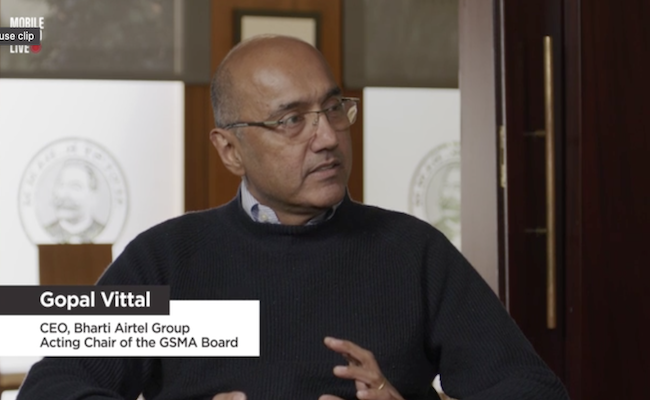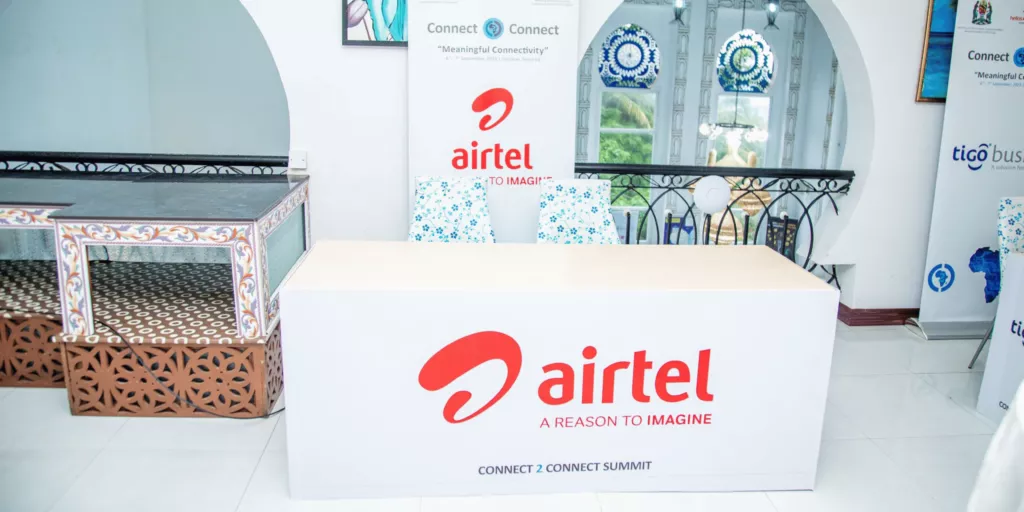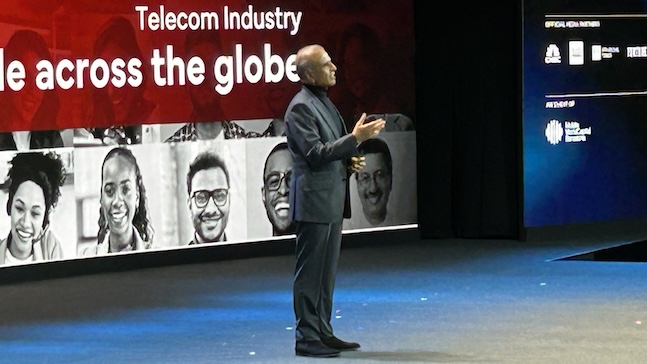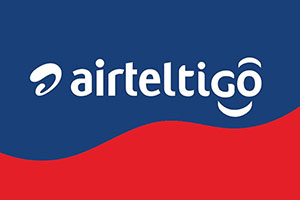The acting Administrator of the Ghana Investment Fund for Electronic Communications (GIFEC), Dr. Sofo Tanko Rashid-Computer, has paid a courtesy call on the Chief Executive Officer of AT Ghana, Mr. Leo Skarlatos, as part of ongoing efforts to foster stronger collaboration between GIFEC and AT Ghana in addressing rural connectivity challenges across the country.
The high-level engagement centered on improving telecommunication infrastructure in unserved and underserved communities, enhancing the performance of AT Ghana sites under the Ghana Rural Telephony and Digital Inclusion Project (GRT&DIP), and exploring innovative ways to drive digital transformation.
During the meeting, the Administrator highlighted the significance of partnerships in accelerating Ghana’s digital inclusion agenda. He emphasized that GIFEC, through its various projects, has been working to bridge the digital divide by ensuring that every Ghanaian, regardless of location, has access to affordable and reliable telecommunications services. However, he noted that achieving this goal requires the active participation of key industry stakeholders like AT Ghana.
A key focus of the discussion was the operational challenges faced by AT Ghana’s sites under the GRT&DIP. The administrator called for stronger technical and infrastructural support from AT Ghana to enhance the efficiency of these sites, ensuring seamless connectivity for the thousands of people who rely on them for communication and digital services. He stressed the need for periodic assessments and collaborative interventions to optimize service delivery in rural areas.
Furthermore, Dr. Tanko Rashid-Computer reiterated the importance of sustained financial support from telecommunications companies towards GIFEC’s mandate. He urged AT Ghana to redeem its statutory 1% contribution to GIFEC, which is crucial for sustaining initiatives that expand digital access. These contributions, he noted, enable GIFEC to deploy critical infrastructure, provide ICT training, and roll out digital skills programs that empower individuals and businesses in remote areas.
Beyond rural connectivity, the discussion also touched on the government’s broader vision for digital transformation. The Administrator briefed the AT Ghana CEO on the proposed amendment to the Communications Act, which established GIFEC, aligning with H.E. the President’s vision to transform the Fund into a Digital Economy and Innovation Development Fund. This new framework will position GIFEC as a key enabler of Ghana’s digital economy by providing financial support for innovative technology-driven projects, equipping millennials and Gen-Zs with entrepreneurial skills, and fostering economic growth through digital innovation.
In response, the CEO of AT Ghana, Mr. Leo Skarlatos, expressed his company’s unwavering commitment to supporting GIFEC’s mission. He acknowledged the challenges facing the telecommunications industry but reaffirmed AT Ghana’s dedication to fulfilling its obligations, including redeeming its contributions to GIFEC. He also pledged AT Ghana support in implementing innovative solutions to enhance rural connectivity, such as deploying alternative power solutions for remote cell sites, leveraging emerging technologies to optimize network performance, and exploring new financing models for sustainable infrastructure development.
Recognizing the need for continuous engagement, both parties agreed to hold further meetings to deepen collaboration and refine strategies for achieving shared goals. Mr. Leo Skarlatos assured GIFEC of their willingness to partner on future projects that align with Ghana’s digital transformation agenda, including potential initiatives that will expand broadband penetration, improve mobile network coverage, and facilitate ICT capacity-building programs in rural areas.
The GIFEC delegation at the meeting included the acting Deputy Administrator, Hon. Abdul-Aziz Mohammed; Director of Operations and Ag. Director of Administration & HR, Alhaji Yahaya Zakaria Osman; the Director of Finance, Mr. Henry Agyeman Boateng; Senior Manager and PA to the Administrator, Ms. Ruth Ayiintimii Azantilow; Head of Corporate Affairs, Mr. Fredrick Kojo Aidoo; and Mr. Vincent Owusu Amponsah.
Present for AT Ghana included Mr. Emmanuel Owusu, the Chief Technical Officer (CTO), Chief Legal & Regulatory Officer, Mr. Emmanuel Adjei, and Benjamin Bagyio Adu, Head of Communications and Media Engagement.
Source: My Joy Online




